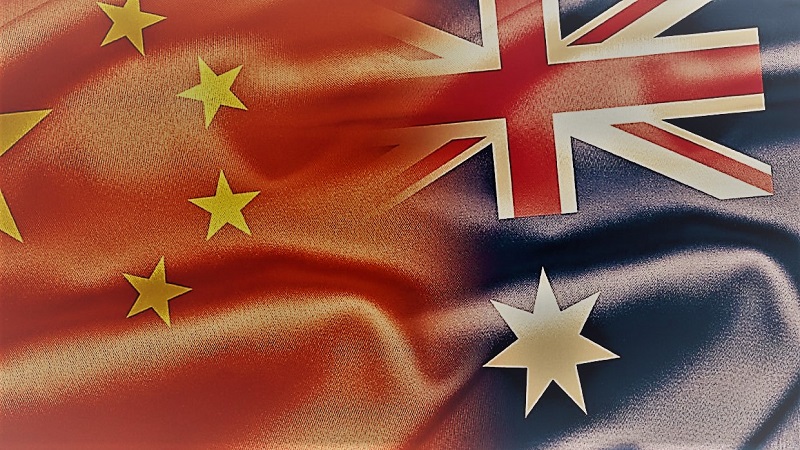Australia's ruling coalition splits over lawmaker's China comments

- Country:
- Australia
A split has opened in Australia's ruling coalition government over a lawmaker's comparison of the rise of China to that of Nazi Germany.
Conservative MP Andrew Hastie, a former special forces soldier, wrote an opinion piece on Thursday for Channel 9 newspapers comparing the rise of China as an unnoticed existential threat to that of Nazi Germany, prompting a mixed reaction from colleagues and swift condemnation from Beijing. Hastie is not a minister but is an influential member of Australia's ruling Liberal-National coalition, and is the chair of parliament’s intelligence and security committee, which is privy to classified information.
His column outlined the dangers of not comprehending China's ideological motivation for building ports and roads, arguing the West had wrongly calculated that economic liberalization in China would lead to democratization. Powerful ministers including Attorney-General Christian Porter and Finance Minister Mathias Cormann criticized Hastie's column, while Home Affairs Minister Peter Dutton defended it, and Prime Minister Scott Morrison remained neutral.
The split continued to widen over the weekend when Trade Minister Simon Birmingham told his colleagues to watch their words. "I would certainly encourage any colleague or indeed anybody making comments around sensitive foreign policy matters to pose a couple of questions," he told ABC TV's Insiders program. "Is the making of those comments in a public way necessary? Is it helpful to Australia's national interests?" Former ambassador to Israel and Liberal member for Wentworth Dave Sharma tweeted his support for Hastie's analysis on Saturday.
"Hastie is right to ring the bell on this issue, and to warn that our greatest vulnerability lies in our thinking," he tweeted. Sharma said the comparison with Nazi Germany was valid as both World Wars One and Two were caused by the failure to manage Germany's emergence as a major power.
"If the rising power is revisionist in nature, and cannot be accommodated within the existing order - because it fundamentally does not accept the legitimacy of that order - then the future becomes much tougher," he tweeted. While China and Australia are major trading partners, their relationship has deteriorated in recent years over concerns Beijing is influencing Australia's domestic affairs.
Australia has also strengthened its long-standing alliance with the United States, which has accused China of destabilizing the Indo-Pacific.
(This story has not been edited by Devdiscourse staff and is auto-generated from a syndicated feed.)
ALSO READ
Israeli military hits building in Lebanon harboring senior Hezbollah figure
Israel makes it easier to acquire medical rehabilitation devices
Israeli PM Netanyahu’s hernia operation was successful, hospital says
Israel says flying object from east hits Eilat, no casualties
More than 2,700 arrests made since start of Israel's 'war' on violent crime in Arab communities










